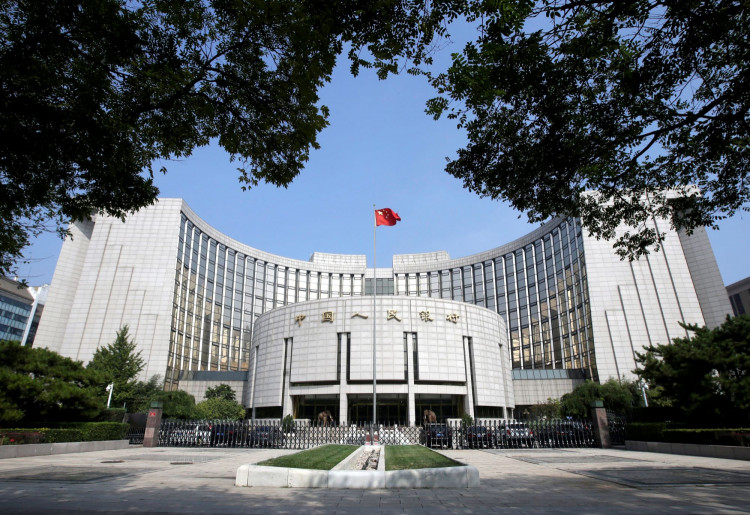China's central bank, the People's Bank of China (PBOC), announced on Monday a strategic move to borrow treasury bonds from primary dealers. This measure is seen by analysts as an effort to curb plummeting domestic interest rates and maintain financial stability. The decision marks a significant step in the central bank's evolving approach to managing market yields and credit flow.
In a statement, the PBOC revealed that it would soon engage in open market operations to borrow treasury bonds, potentially setting the stage for selling these bonds as a tool to control interest rates. This action comes amid a prolonged rally in the country's sovereign bonds, with yields reaching record lows. The declining yields, driven by a shaky economy and volatile stock markets, have pushed investors towards the safety of fixed-income assets, prompting concerns about speculative risks and financial instability.
"The move means the central bank will likely sell treasury bonds via open market operations soon," said Ming Ming, an economist at Citic Securities. "Selling bonds at a time when 10-year treasury yields have fallen to historic lows can help ward off interest rate risks."
Following the PBOC's announcement, yields on China's 10-year treasuries, which have decreased by 35 basis points this year, rose by 6 basis points to 2.275%. Meanwhile, 30-year treasury yields increased by nearly 7 basis points. A 30-year treasury ETF managed by Pengyang Asset Management experienced a 1.2% drop, marking its largest single-day decline since April.
Unlike other major central banks, the PBOC does not hold scheduled monetary policy meetings. Instead, it influences interest rates through medium-term funding operations, short-term repo transactions, and bank reserve requirements to manage liquidity. The decision to borrow and trade bonds enhances the PBOC's capability to guide market expectations, according to Fan Qianghua, investment director at Cypress Investment Management Co.
The PBOC's plan is based on careful observation and evaluation of current market conditions, aiming to ensure stability in the bond market. The central bank indicated in May that it would sell low-risk debt, including government bonds, when necessary while closely monitoring market changes and potential risks.
Historically, the PBOC bought bonds in 2007 to establish the China Investment Corp., a sovereign wealth fund. Currently, the PBOC holds approximately 1.52 trillion yuan ($209.14 billion) worth of bonds, which constitutes about 5% of the treasury bonds in circulation and 1.4% of all local bond holdings by Chinese entities.
"When the central bank starts selling, it will increase the scale of tradable treasury bonds in the market, meaning activating a larger supply," said Xing Zhaopeng, senior China strategist at ANZ. "The central bank's move will set a bottom line for treasury yields."
The PBOC's recent announcement underscores its commitment to maintaining a stable bond market amid concerns over falling yields. By borrowing and potentially selling treasury bonds, the PBOC aims to prevent speculative risks and ensure long-term financial stability.
This strategy also aligns with the PBOC's broader monetary policy framework, which includes government bond purchases and sales as a means to adjust market liquidity and implement specific monetary policies. This approach allows the central bank to either boost liquidity during economic downturns or reduce it to control inflation in overheated economic conditions. By influencing long-term interest rates, the PBOC can impact investment and consumption decisions, thereby steering the economy in the desired direction.
Governor Pan Gongsheng emphasized that including government bond transactions in the monetary policy toolbox does not signify a shift towards quantitative easing. Instead, these transactions are intended to manage liquidity and stabilize the financial environment in conjunction with other monetary instruments.





